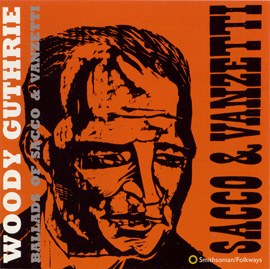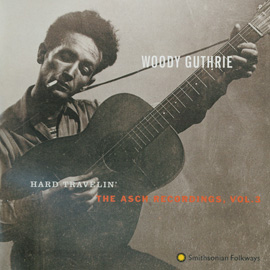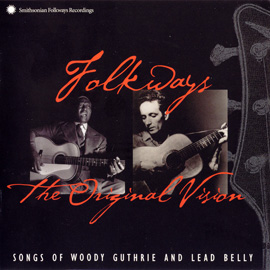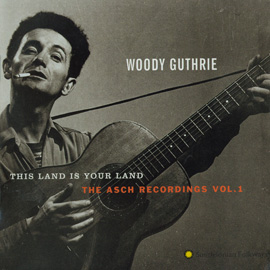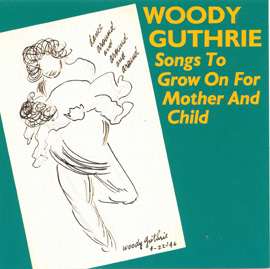Track Listing
|
101
|
Woody Guthrie
|
02:44 | |
|
102
|
Woody Guthrie
|
02:25 | |
|
103
|
Woody Guthrie
|
01:49 | |
|
104
|
Woody Guthrie
|
02:10 | |
|
105
|
Woody Guthrie
|
01:51 | |
|
106
|
Woody Guthrie
|
03:40 | |
|
107
|
Woody Guthrie
|
02:14 | |
|
108
|
Woody Guthrie
|
02:28 | |
|
109
|
Woody Guthrie
|
02:31 | |
|
110
|
Woody Guthrie
|
03:00 | |
|
111
|
Woody Guthrie
|
02:23 | |
|
112
|
Woody Guthrie
|
02:28 | |
|
113
|
Woody Guthrie
|
03:00 | |
|
114
|
Woody Guthrie
|
02:37 | |
|
115
|
Woody Guthrie
|
02:49 | |
|
116
|
Woody Guthrie
|
02:35 | |
|
117
|
Woody Guthrie
|
02:56 | |
|
118
|
Woody Guthrie
|
02:42 | |
|
119
|
Woody Guthrie
|
02:17 | |
|
120
|
Woody Guthrie
|
02:16 | |
|
121
|
Woody Guthrie
|
02:52 | |
|
122
|
Woody Guthrie
|
03:27 | |
|
123
|
Woody Guthrie
|
05:32 | |
|
201
|
Woody Guthrie
|
03:05 | |
|
202
|
Woody Guthrie
|
03:17 | |
|
203
|
Woody Guthrie
|
01:35 | |
|
204
|
Woody Guthrie
|
03:24 | |
|
205
|
Woody Guthrie
|
03:35 | |
|
206
|
Woody Guthrie
|
01:55 | |
|
207
|
Woody Guthrie
|
02:33 | |
|
208
|
Woody Guthrie
|
02:58 | |
|
209
|
Woody Guthrie
|
02:30 | |
|
210
|
Woody Guthrie
|
03:16 | |
|
211
|
Woody Guthrie
|
01:40 | |
|
212
|
Woody Guthrie
|
02:36 | |
|
213
|
Woody Guthrie
|
02:49 | |
|
214
|
Woody Guthrie
|
02:45 | |
|
215
|
Woody Guthrie
|
02:07 | |
|
216
|
Woody Guthrie
|
03:10 | |
|
217
|
Woody Guthrie
|
03:28 | |
|
218
|
Woody Guthrie
|
02:14 | |
|
219
|
Woody Guthrie
|
03:45 | |
|
220
|
Woody Guthrie
|
02:49 | |
|
221
|
Woody Guthrie
|
02:50 | |
|
222
|
Woody Guthrie
|
03:01 | |
|
301
|
Woody Guthrie
|
03:26 | |
|
302
|
Woody Guthrie
|
02:27 | |
|
303
|
Woody Guthrie
|
03:33 | |
|
304
|
Woody Guthrie
|
03:00 | |
|
305
|
Woody Guthrie
|
14:20 | |
|
306
|
Woody Guthrie
|
10:19 | |
|
307
|
Woody Guthrie
|
08:53 | |
|
308
|
Woody Guthrie
|
16:24 | |
|
309
|
Woody Guthrie
|
01:42 | |
|
310
|
Woody Guthrie
|
02:39 | |
|
311
|
Woody Guthrie
|
02:30 | |
|
312
|
Woody Guthrie
|
02:20 |




